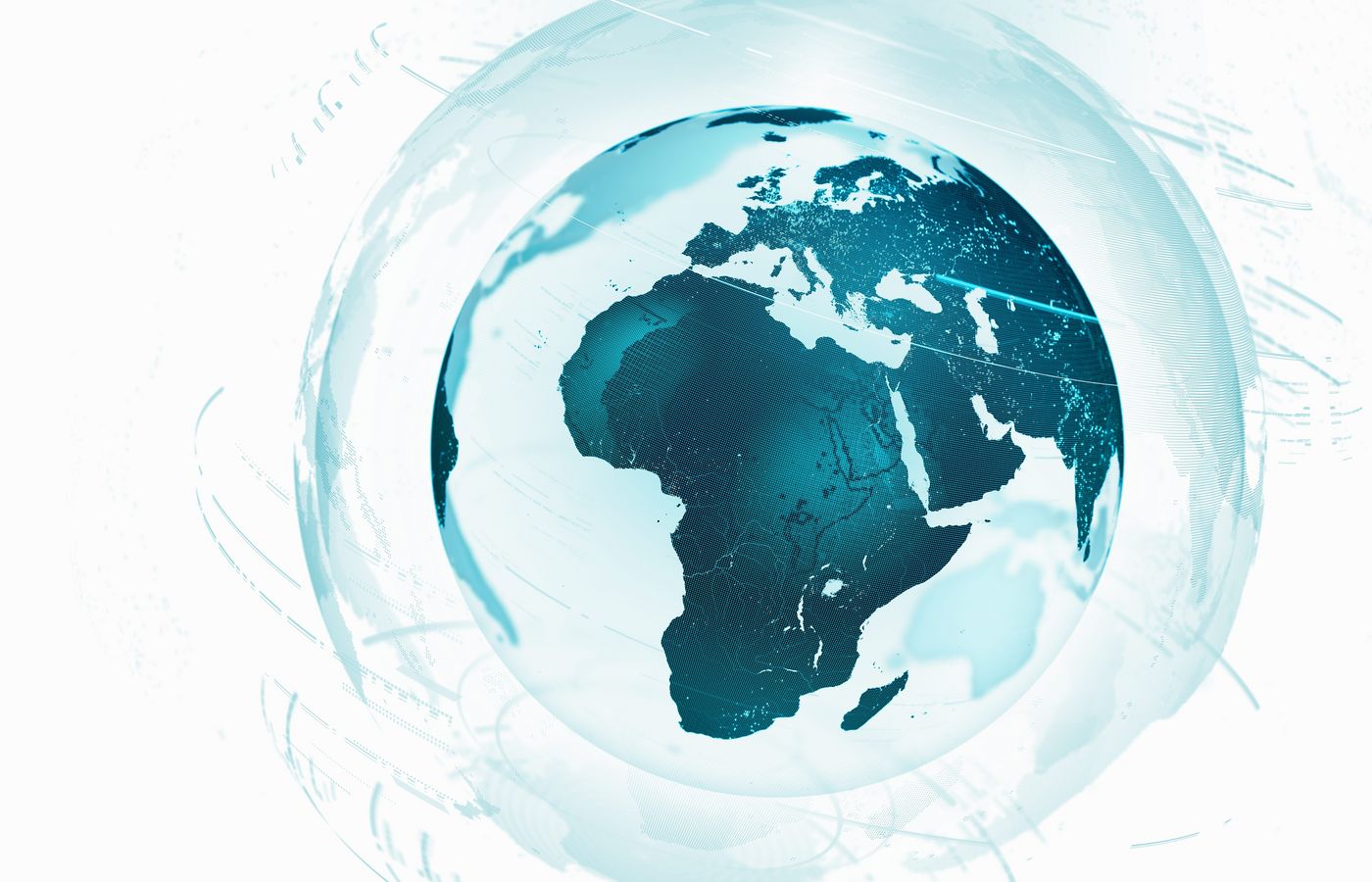Approaching global transformations
Futurologist John Naisbitt coined the term “megatrends” in his 1982 bestseller “Megatrends: Ten New Directions Transforming Our Lives“. Naisbitt observed the emerging change from an industrial to a knowledge society and from a national to a global economy. He was looking for a concept that could adequately account for these overarching developments. He specifically emphasised the longevity and intensity of megatrends in his work by characterising megatrends as
“large social, economic, political, and technological changes [that are] slow to form, and once in place, influence us for some time – between seven or ten years, or longer”.
Newer definitions build upon these general characteristics. For instance, the Zukunftsinstitut in Frankfurt describes megatrends as “avalanches in slow motion” mirroring complex societal change dynamics of a global magnitude that develop slowly, but over an extended period. Apart from the longevity of megatrends, the institute characterises megatrends as having effects on all spheres of life (ubiquity), a global character, as well as being inherently complex. In addition, a study commissioned by the European Union puts forward irreversibility as an essential attribute.
